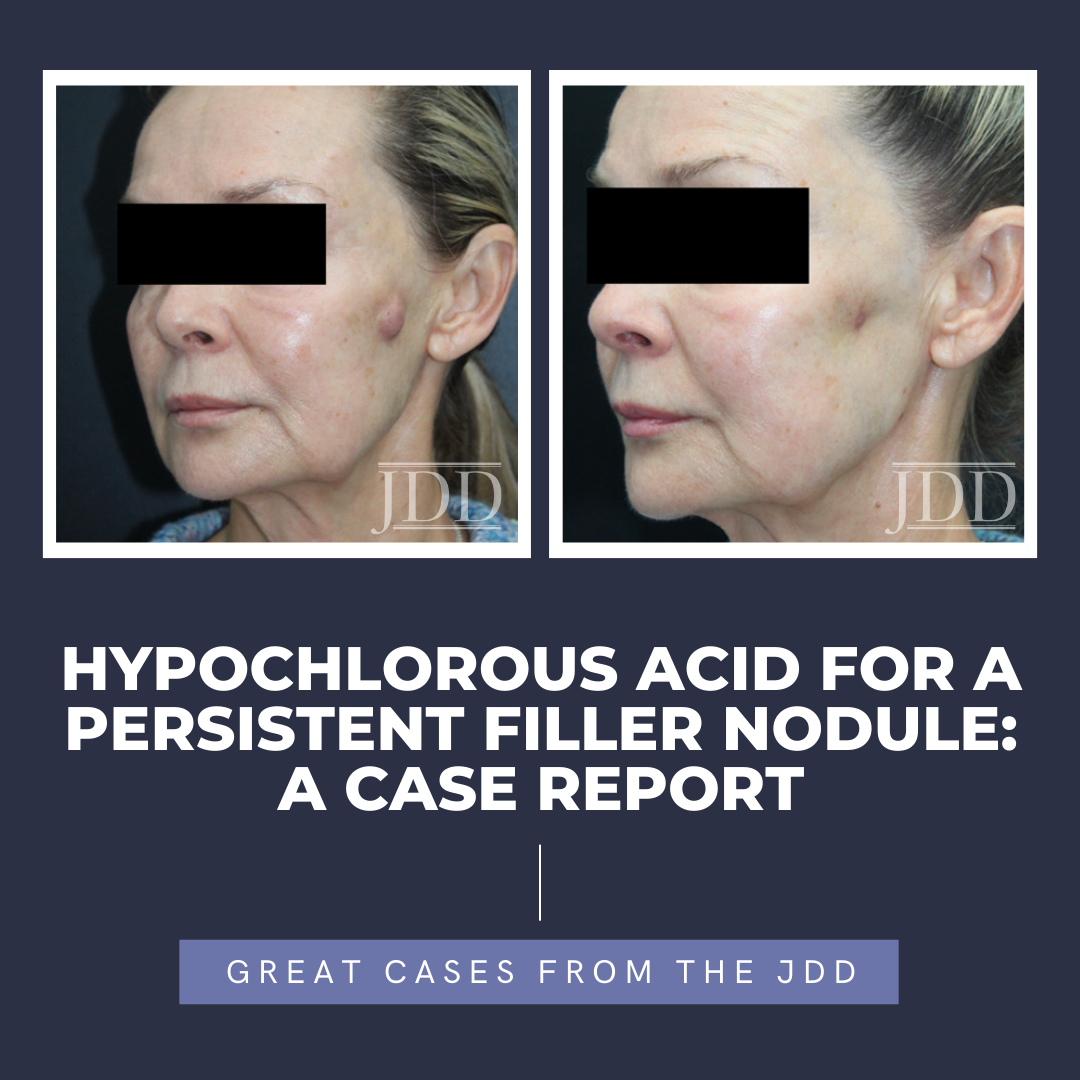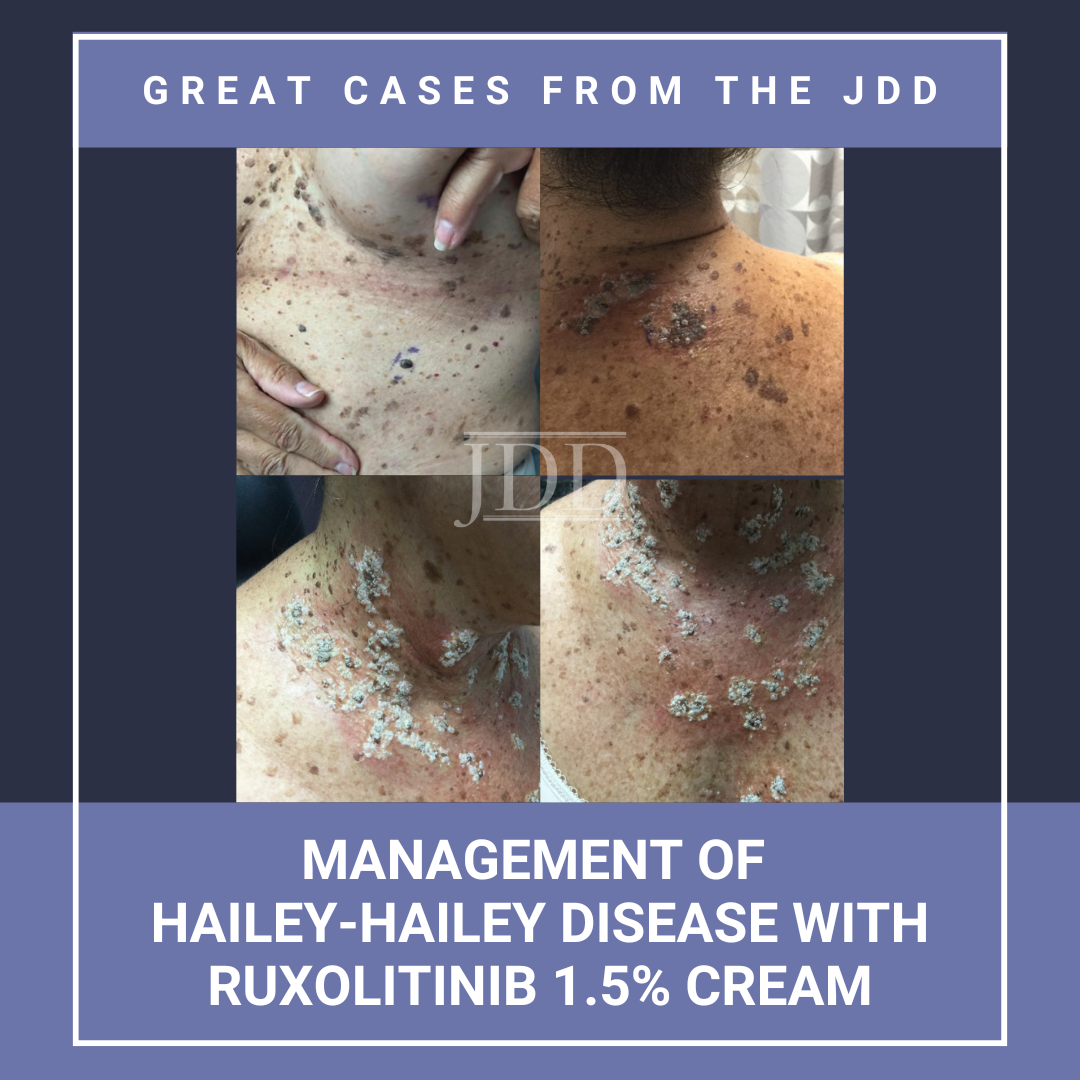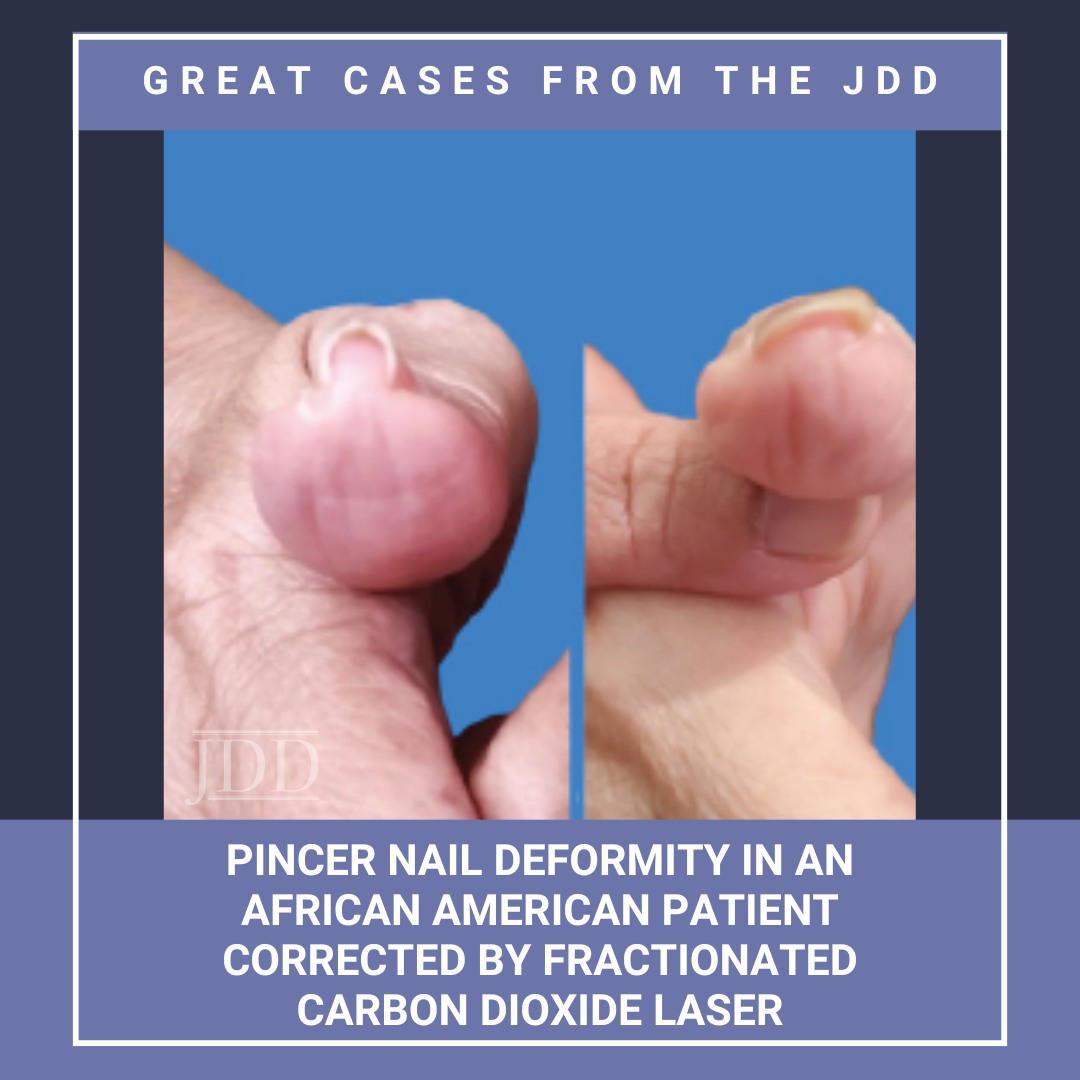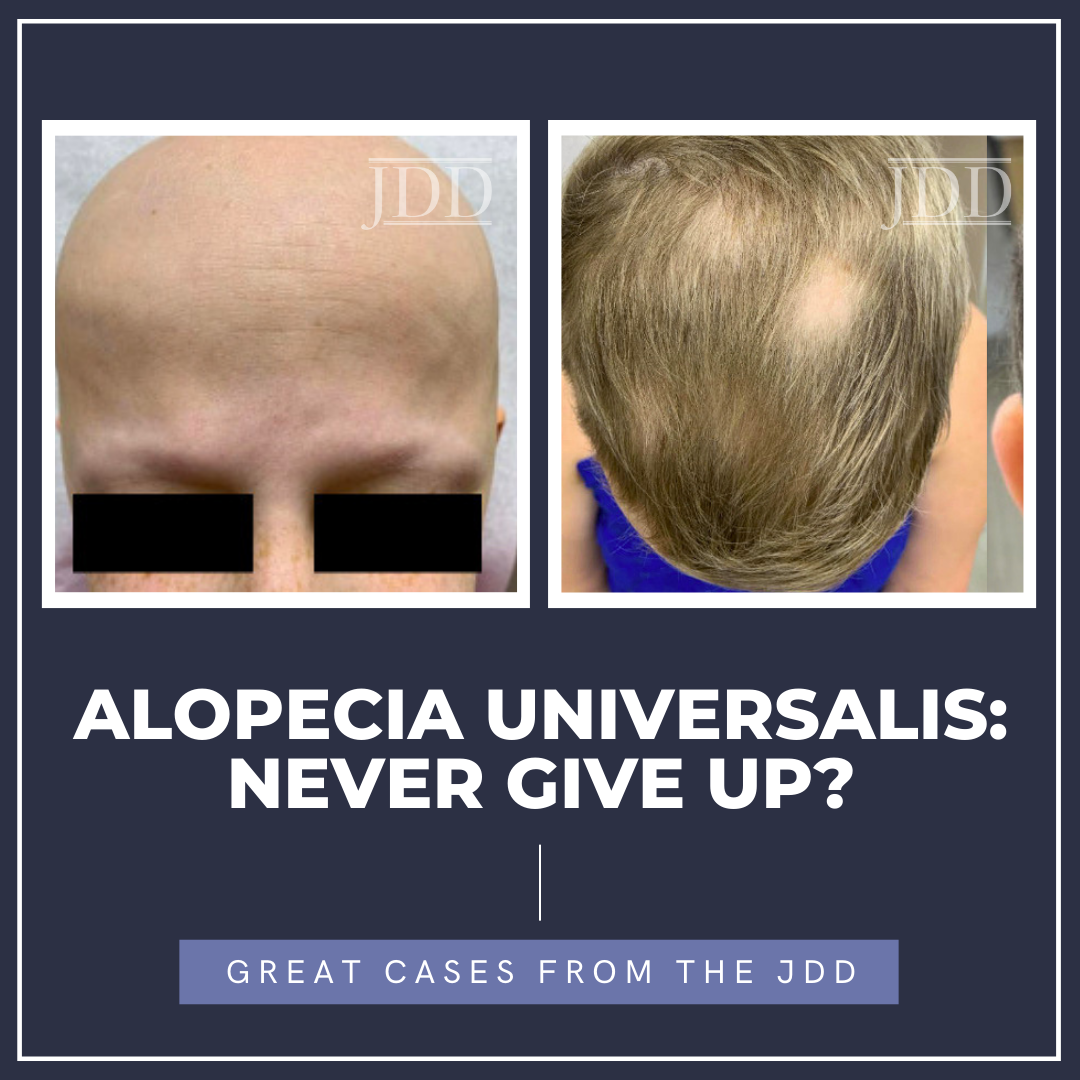Pyoderma Gangrenosum Following Total Colectomy for Ulcerative Colitis
 Introduction
Pyoderma gangrenosum (PG) is a rare, neutrophilic dermatosis characterized by rapidly enlarging, painful ulcers with violaceous and undermined borders. It is commonly associated with systemic disorders, including rheumatoid arthritis, hematologic malignancies, and inflammatory bowel disease (IBD).¹ While PG often correlates with IBD flares, its pathogenesis is not well understood. C …
Introduction
Pyoderma gangrenosum (PG) is a rare, neutrophilic dermatosis characterized by rapidly enlarging, painful ulcers with violaceous and undermined borders. It is commonly associated with systemic disorders, including rheumatoid arthritis, hematologic malignancies, and inflammatory bowel disease (IBD).¹ While PG often correlates with IBD flares, its pathogenesis is not well understood. C …
 Introduction
Pyoderma gangrenosum (PG) is a rare, neutrophilic dermatosis characterized by rapidly enlarging, painful ulcers with violaceous and undermined borders. It is commonly associated with systemic disorders, including rheumatoid arthritis, hematologic malignancies, and inflammatory bowel disease (IBD).¹ While PG often correlates with IBD flares, its pathogenesis is not well understood. C …
Introduction
Pyoderma gangrenosum (PG) is a rare, neutrophilic dermatosis characterized by rapidly enlarging, painful ulcers with violaceous and undermined borders. It is commonly associated with systemic disorders, including rheumatoid arthritis, hematologic malignancies, and inflammatory bowel disease (IBD).¹ While PG often correlates with IBD flares, its pathogenesis is not well understood. C … Continue reading "Pyoderma Gangrenosum Following Total Colectomy for Ulcerative Colitis"


 Hyaluronic acid (HA) fillers are widely used in aesthetic medicine for facial rejuvenation, volumization, and wrinkle treatment. Noninflammatory nodules after HA filler injection are a relatively common phenomenon and a result of poor technique or a large volume bolus in one area.¹ Unlike these nodules, delayed-onset nodules (DON) occur in 0.5% of injections and can be inflammatory, granulomatou …
Hyaluronic acid (HA) fillers are widely used in aesthetic medicine for facial rejuvenation, volumization, and wrinkle treatment. Noninflammatory nodules after HA filler injection are a relatively common phenomenon and a result of poor technique or a large volume bolus in one area.¹ Unlike these nodules, delayed-onset nodules (DON) occur in 0.5% of injections and can be inflammatory, granulomatou …  Introduction
Benign Familial Pemphigus (Hailey-Hailey Disease [HHD]) is caused by a mutation within ATP2C1, the gene encoding the calcium pump of golgi apparatuses, impacting keratinocytes' ability to adhere to each other, resulting in acantholysis.1 Clinical presentation of HHD encompasses blisters that become erythematous plaques and fissures within flexural areas on a relapsing basis …
Introduction
Benign Familial Pemphigus (Hailey-Hailey Disease [HHD]) is caused by a mutation within ATP2C1, the gene encoding the calcium pump of golgi apparatuses, impacting keratinocytes' ability to adhere to each other, resulting in acantholysis.1 Clinical presentation of HHD encompasses blisters that become erythematous plaques and fissures within flexural areas on a relapsing basis …  Introduction
Pincer nail deformity is a painful nail condition characterized by excessive transverse curvature of the nail plate that pinches the surrounding tissue.1 This condition primarily involves the toenail of the hallux and is more frequently observed in older individuals.1 Management of a pincer nail typically involves nail braces or surgical removal.1 These managements usually fall sh …
Introduction
Pincer nail deformity is a painful nail condition characterized by excessive transverse curvature of the nail plate that pinches the surrounding tissue.1 This condition primarily involves the toenail of the hallux and is more frequently observed in older individuals.1 Management of a pincer nail typically involves nail braces or surgical removal.1 These managements usually fall sh …  INTRODUCTION
Alopecia universalis is a type of alopecia areata (AA) characterized by total body hair loss. The mechanism of this loss is primarily due to autoimmune disruption of the hair follicle. AA has historically been treated with corticosteroids, minoxidil, and other immune therapies that possess limited efficacy with high recurrence rates and adverse effects.1 However, in recent years the …
INTRODUCTION
Alopecia universalis is a type of alopecia areata (AA) characterized by total body hair loss. The mechanism of this loss is primarily due to autoimmune disruption of the hair follicle. AA has historically been treated with corticosteroids, minoxidil, and other immune therapies that possess limited efficacy with high recurrence rates and adverse effects.1 However, in recent years the …